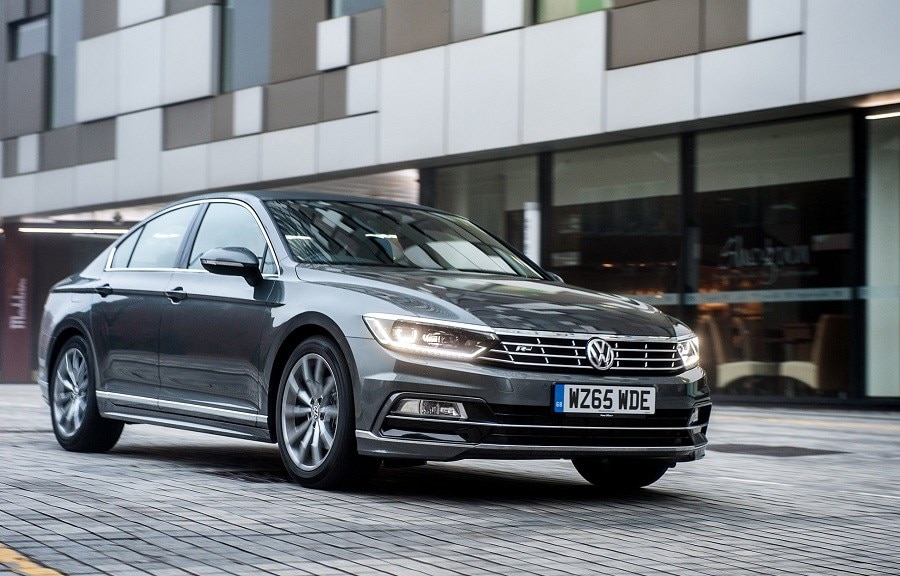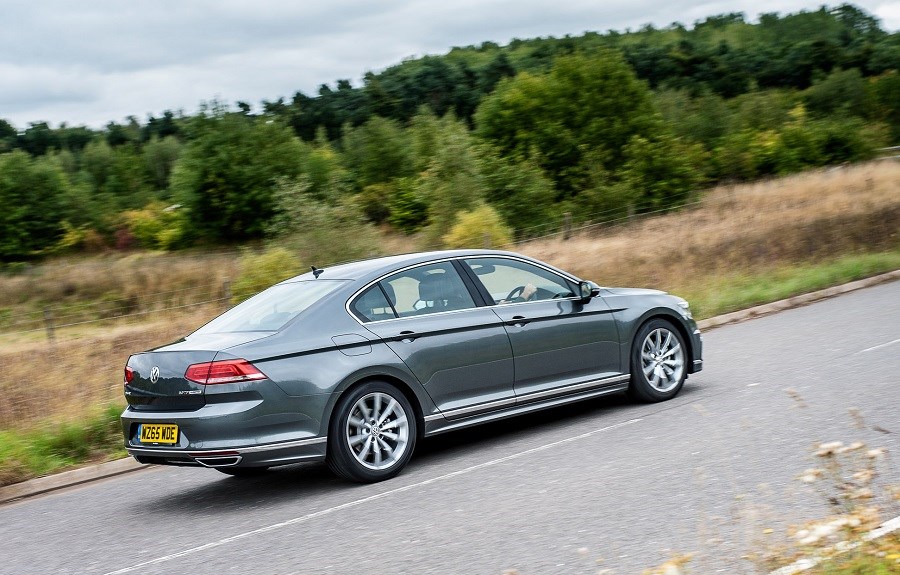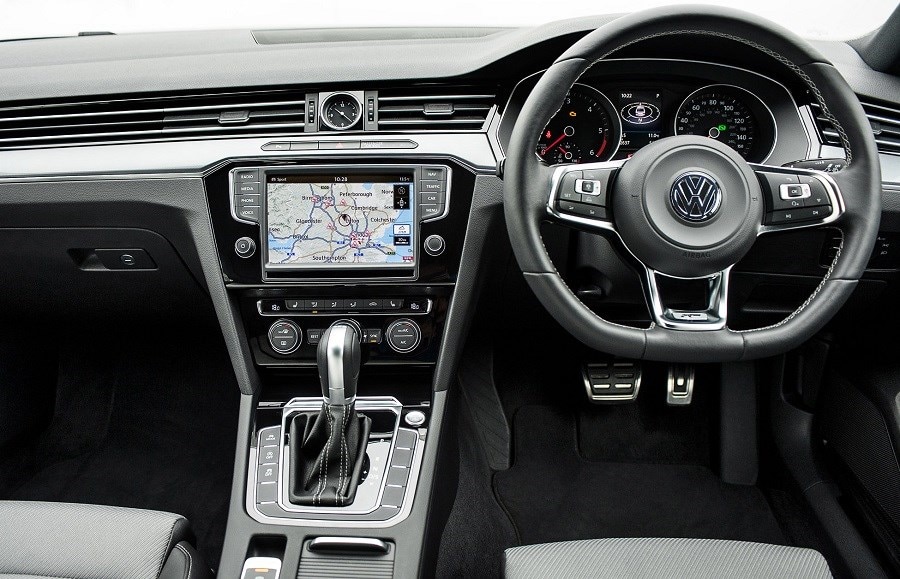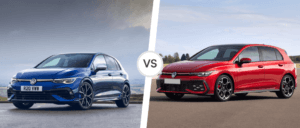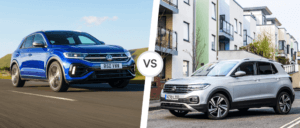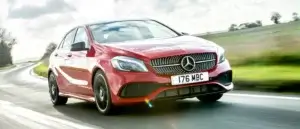Latest model
Volkswagen revealed an updated version of the Passat at the 2019 Geneva Motor Show, which brought in a new emphasis on tech.
The key selling point was a new ‘Travel Assist’, which is essentially high-speed adaptive cruise control that offers partially automated driving. It’s the first time such a system has been seen on a Volkswagen. Emergency steering assist also features, as do matrix LED headlights, which promise a greater view of the road ahead.
Another big improvement is the touchscreen, where the Passat is more connected than ever with the latest version of Volkswagen’s App Connect media interface. The system integrates smartphone apps to the main touchscreen, and allows some of the car’s functions to be accessed remotely.
Volkswagen also improved the range of its plug-in hybrid GTE model by around 10 miles, meaning it will be able to travel further on electric power.
The German manufacturer celebrated the launch with a limited-edition ‘Variant R-Line’ version, which comes in a new Moonstone Grey paint finish, as well as black styling accents, 19-inch alloy wheels and tinted rear lights.
*Please note that at the time of writing, no pricing or spec details were available for the updated car*
Value for money
In a world where small crossovers can easily cost considerably more than £20,000, the Passat seems quite affordable with its starting price of £22,195.
Standard equipment is also decent, with 16-inch alloy wheels, an eight-inch touchscreen with smartphone connectivity, Bluetooth and DAB radio. Keyless start is also included for the price. It does miss out on features such as parking sensors and cruise control, but these are offered on the keenly priced SE Business model, which starts at £23,985. Fully-loaded top-spec versions can seem expensive, but overall, the Passat offers good value for money, particularly when compared to more premium offerings.
Those in need of cheap family transport will find used Passats for as little as £500, but our main focus is the latest eighth-generation model. As the Passat is a popular fleet car, you’ll find that many have covered a lot of miles, with the cheapest 2015 cars being for sale at under £7,000, albeit with well over 100,000 miles on the clock. Something with around 70,000 miles on the clock will slot in underneath £10,000.
There are also some superb deals to be had on nearly-new examples, with cars less than a year-old costing as little as £14,000 — that’s £8,000 off list price! It’s worth paying around £1,500 more, though, for a higher-spec SE Business model.
Looks and image
The Passat is a car for those who are not fussed about standing out from the crowd, which means you get quite a plain but functional design inside and out. There’s little to be excited about, but that’s no bad thing, as it simply aids the Passat’s practicality. That said, high-spec GT and R-Line models are more stylish; they feature LED headlights, revised front and rear bumpers and larger alloy wheels.
It's much the same story inside. The Passat gets a well-built and ergonomic interior, albeit one that’s lacking in flair and imagination. That said, the interior offers a level of luxury above its rivals, thanks to the high-quality materials used throughout. It feels just as premium inside as a BMW 3 Series or Mercedes C-Class, which sits in the class above the Passat.
All models benefit from an eight-inch touchscreen with excellent smartphone connectivity, too. High-spec versions with leather seats and the excellent digital cockpit also help to give the VW an upmarket feel, which you won’t find with direct rivals from Ford, Mazda and Volkswagen.
The Passat is more tailored towards comfort and refinement, which results in it being a sublime cruiser, particularly when fitted with the efficient 2.0-litre diesel engines, which seem a perfect fit in the Passat.
Even with the larger 18-inch wheels found on the GT and R-Line model, the ride remains supple. It’s effortlessly comfortable to cover long distances in, which is why it’s become a favourite with the fleet market. The Mazda 6 is a more enjoyable car to drive, but the Passat’s dynamics have improved over the last car; a fact that is highlighted by limited body roll and decent feel from the steering.
